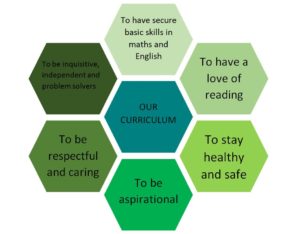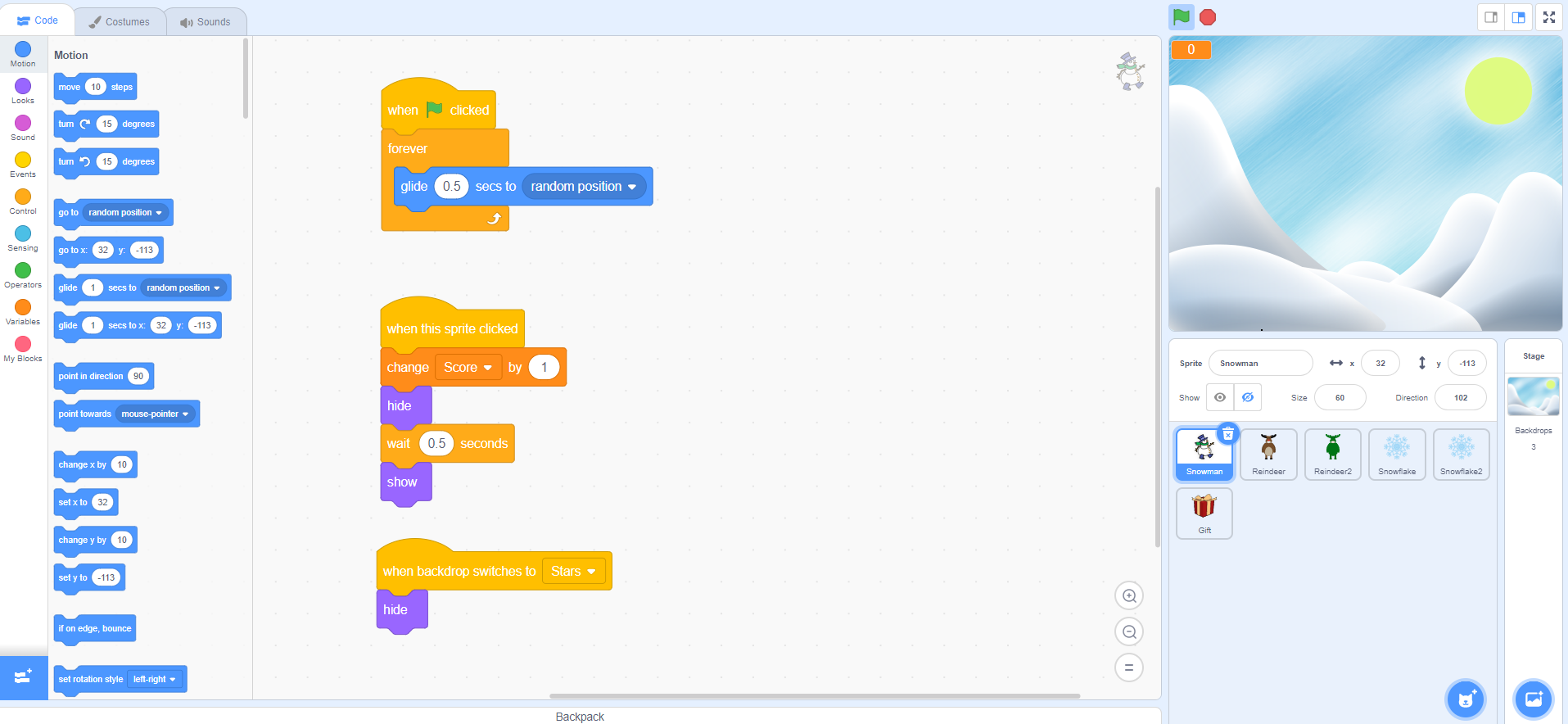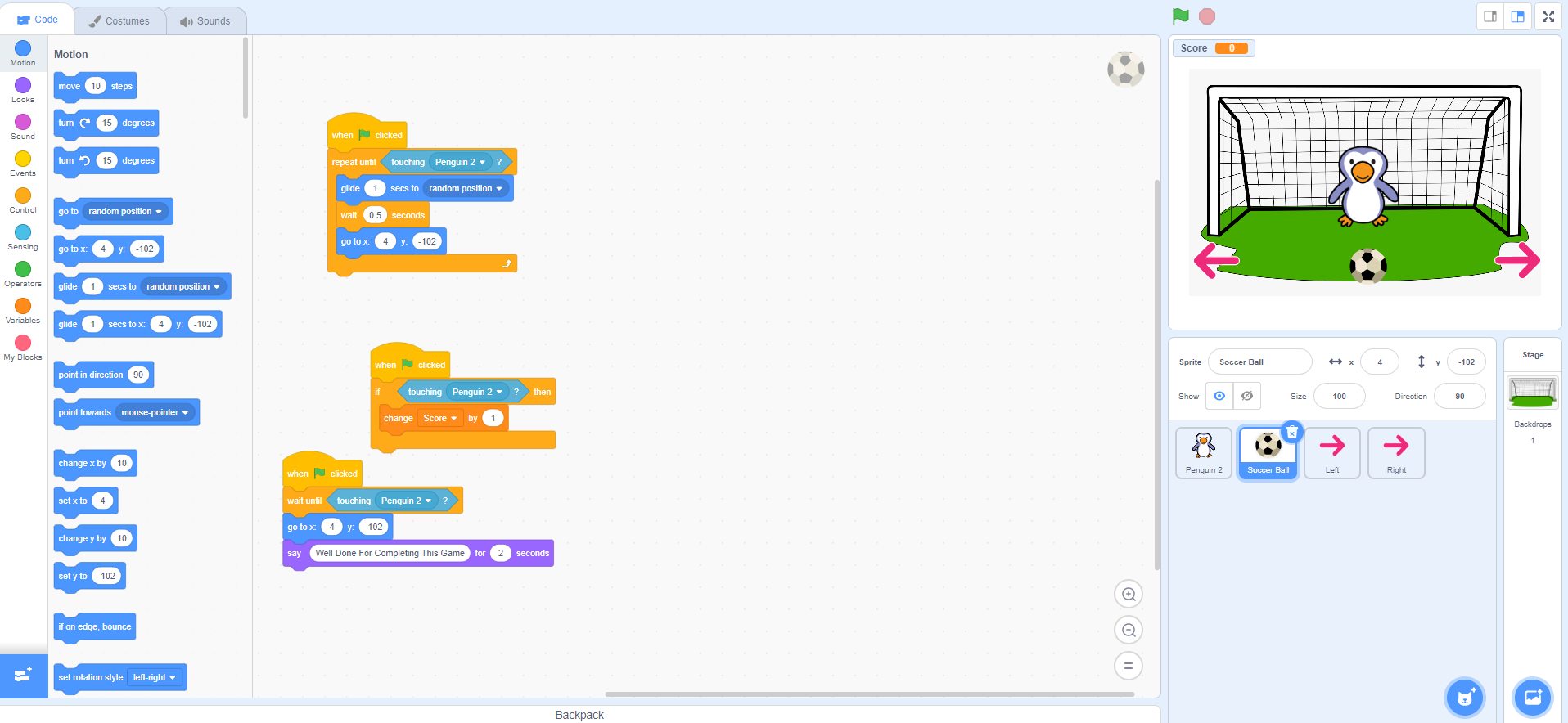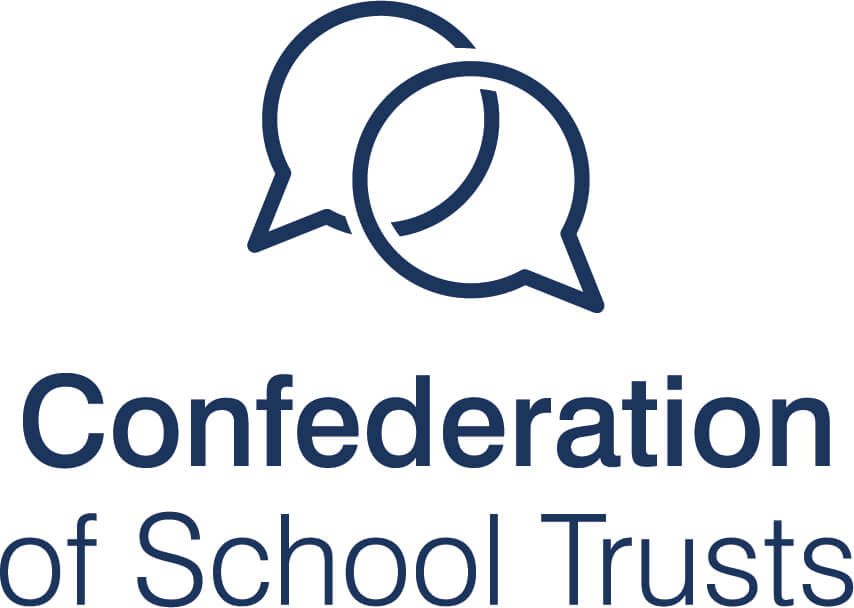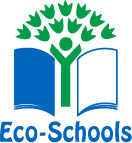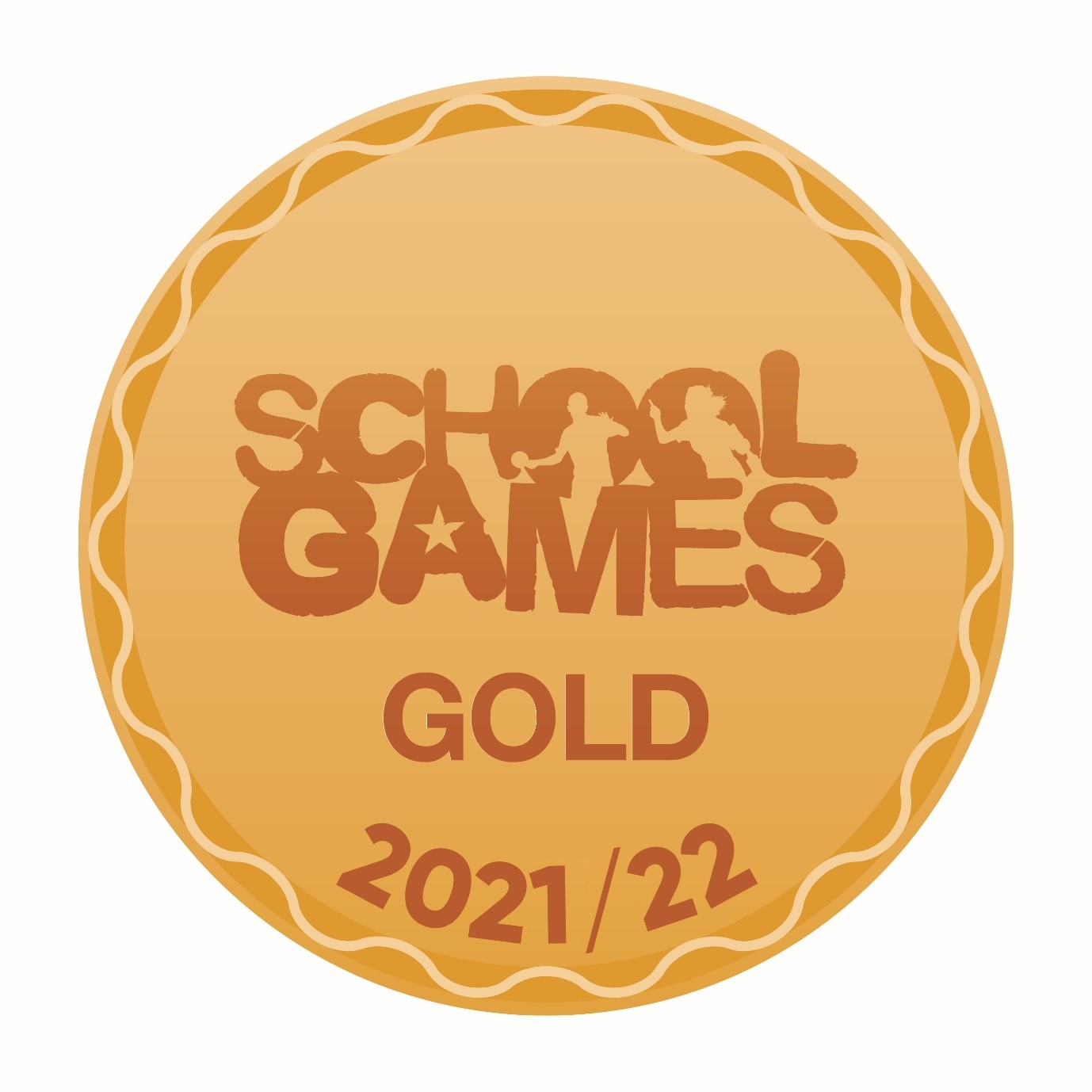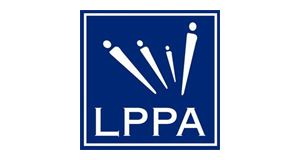Computing
Computing is such a integral part of our everyday lives now that it is hard to imagine how we would manage without mobile phones, the internet, automated banking and ‘Alexa’ turning off our lights! Technology is used by people of every age and computing is one of the most important parts of a school’s curriculum. The children in our school today are preparing for jobs, many of which don’t yet exist; tomorrow’s technology and the opportunities and challenges it will bring need a population with a deep understanding of computing and the skills to use it safely.
At Overfields Primary School, we offer project-based learning in Computing, allowing the children to explore deeper learning and combine knowledge for a wider purpose. As children grow in a digital society, we aim to develop computational thinking and the abilities to access, combine and retrieve a range of media. Leaving them well prepared to be independent, resourceful and critical thinkers within a technological environment and beyond.
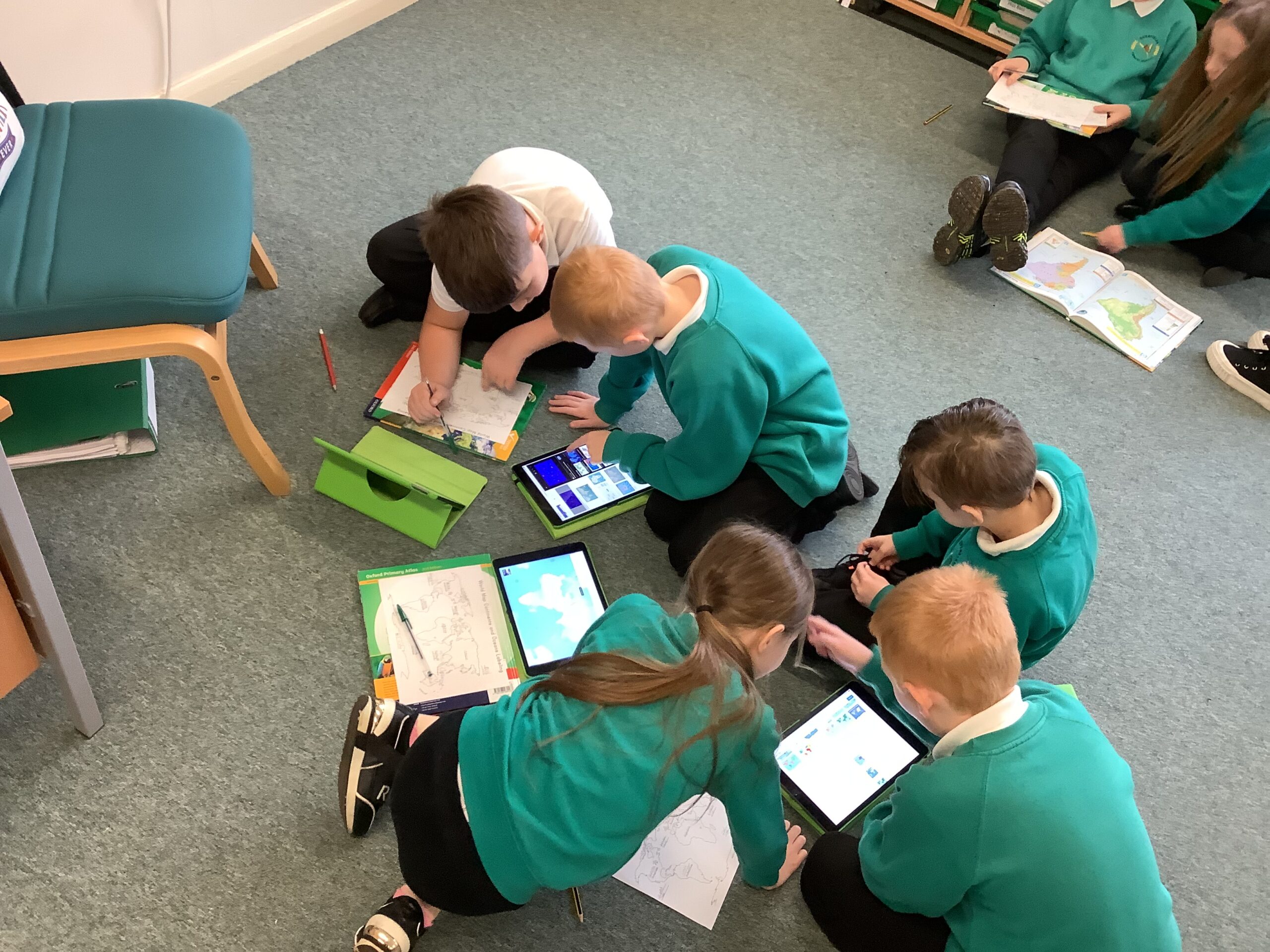
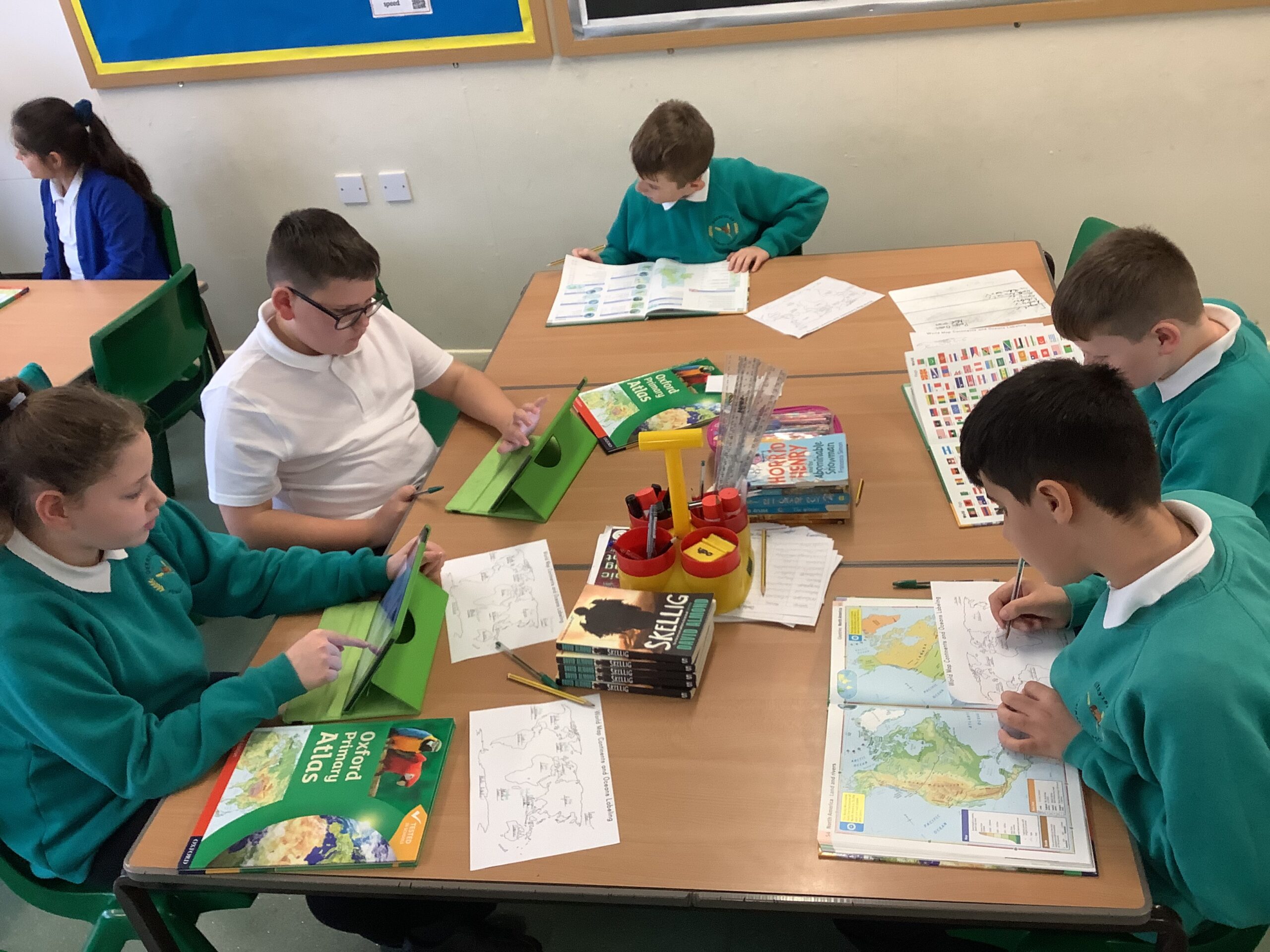
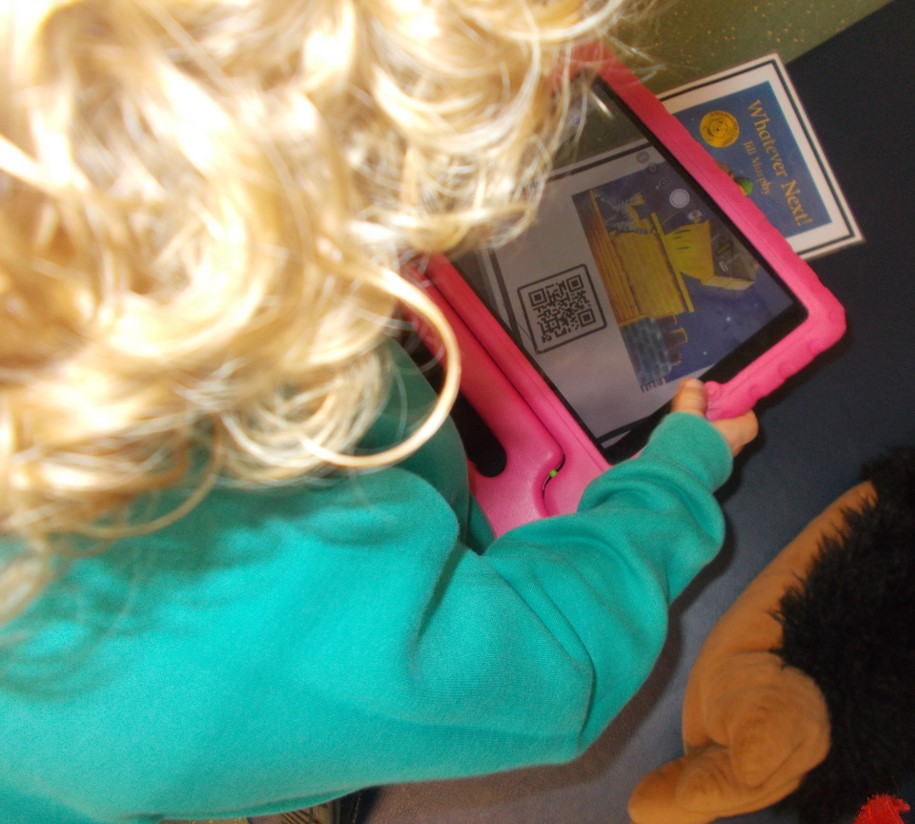

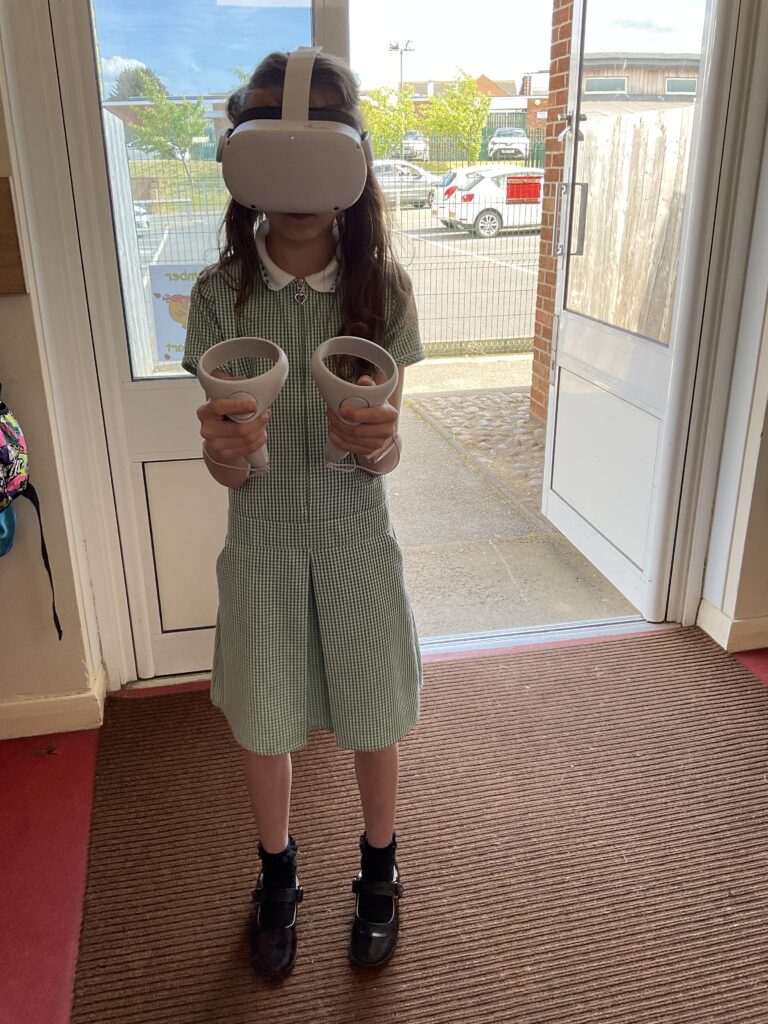
Here at Overfields we are working towards a technology rich curriculum where digital skills are applied across all subjects. Our curriculum is designed to be taught through projects and includes all areas of the curriculum: E-Safety, Programming, Multimedia, Technology in our Lives and Data Handling.
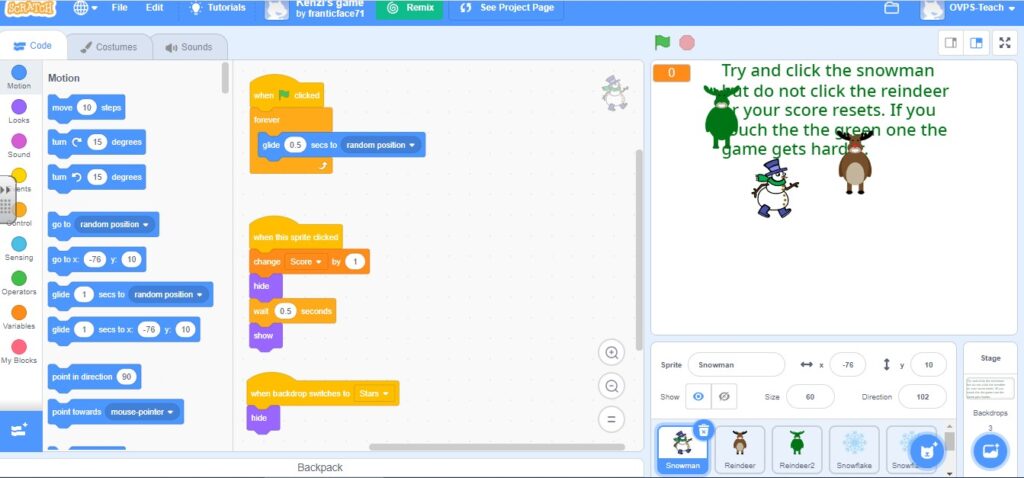
To see the way that teaching and learning in Computing supports our school’s wider curriculum vision, click below:
Teaching and Learning in Computing at Overfields Primary School
In primary school, children study the following aspects of computing: Programming and coding; E-Safety; Multimedia; Technology and data handling.
Coding
Coding is the knowledge and skills to programme computers to behave as we want them to. We use Beebots, Scratch Jr and Scratch, as well as BBC Microbits for coding at Overfields Primary. This allows the children from Nursery through to Year 6 to develop thier skills at writing, editing and de-bugging computer code through projects that are often linked to other aspects of the curriculum.
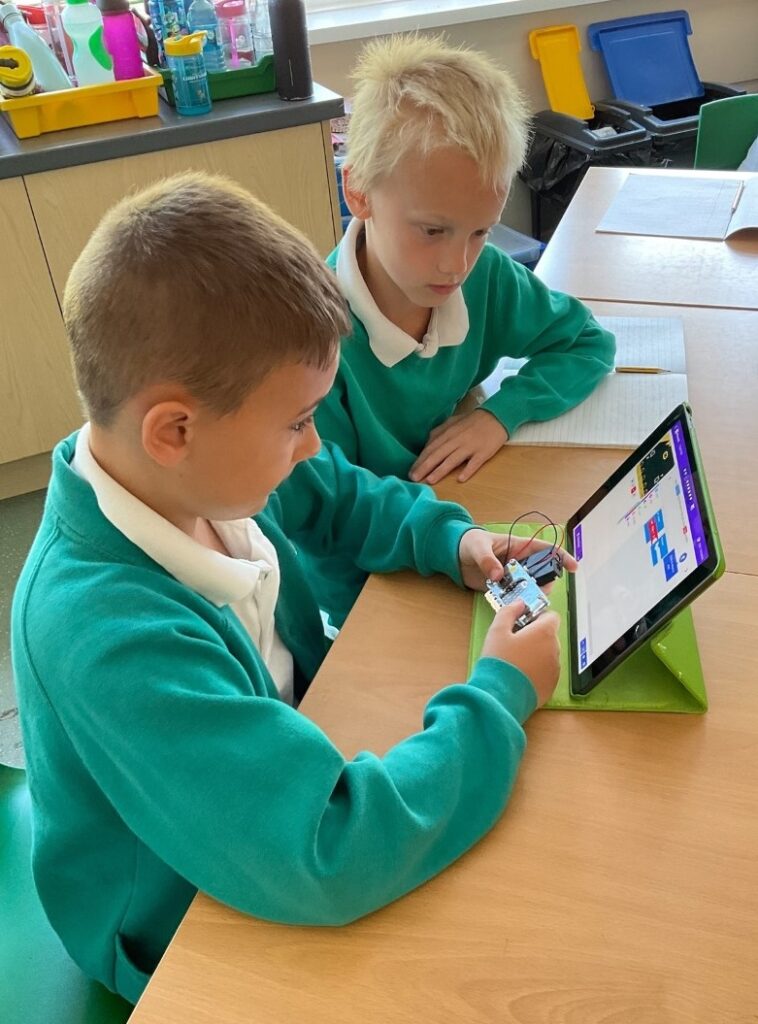
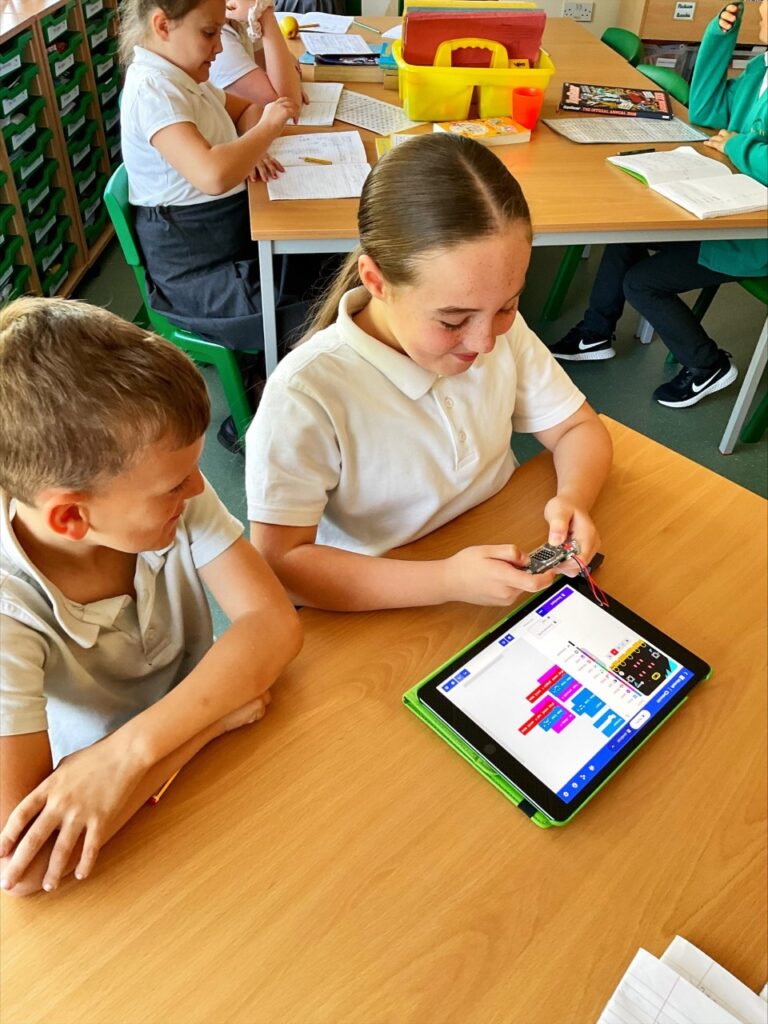
Computing in the Early Years
You can find out how Computing is taught to our youngest children by visiting our EYFS pages here.
To check out our school planning overview for all year groups click below:
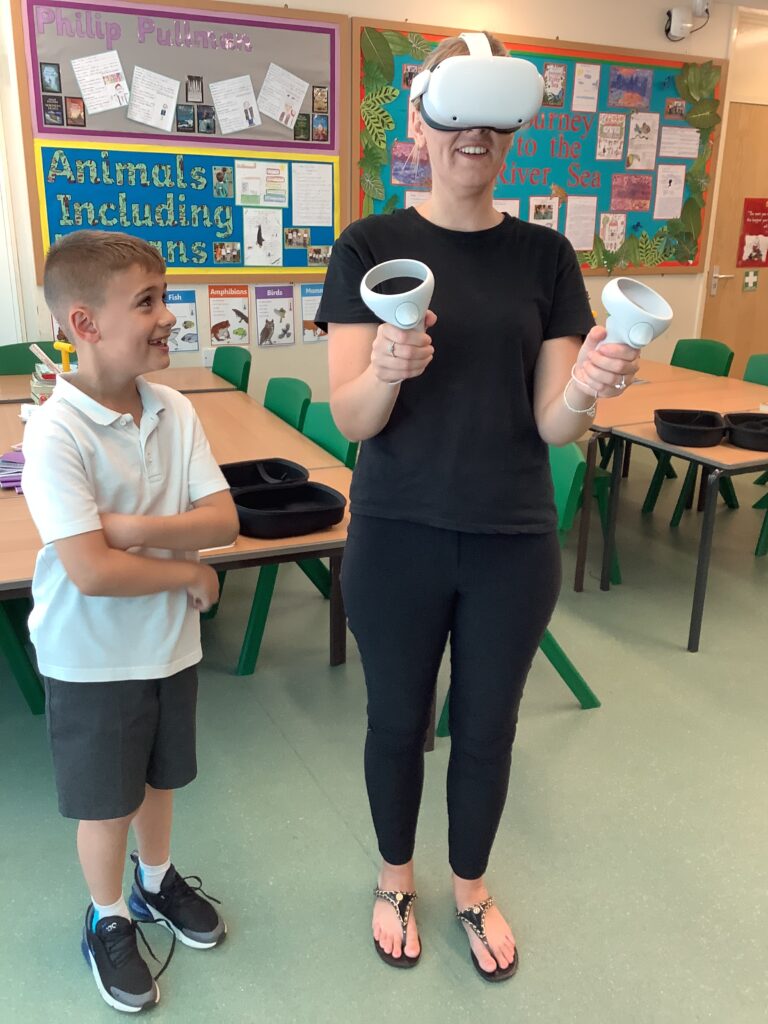
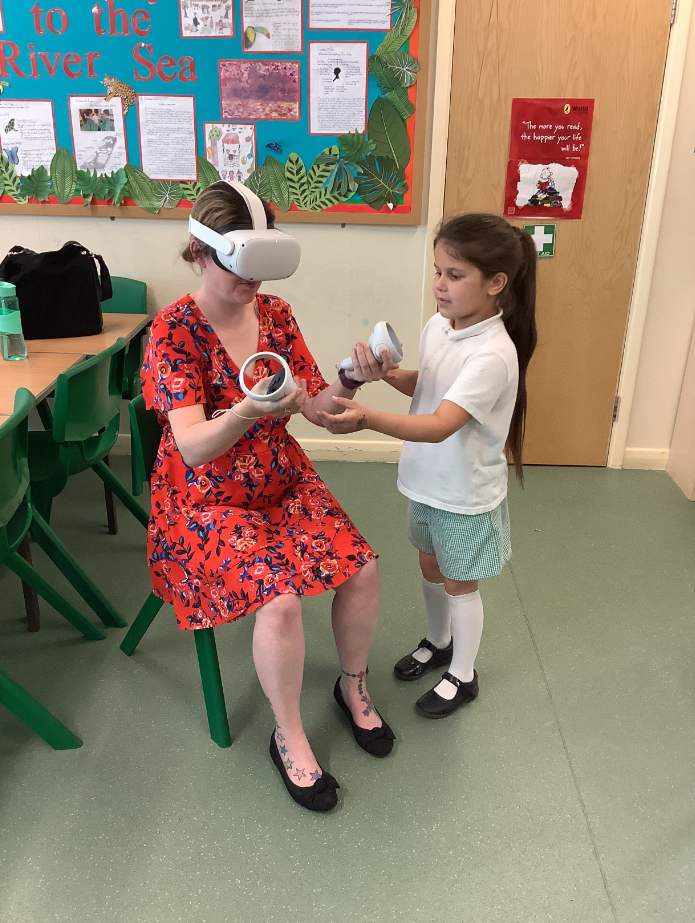
Online Safety
Online safety (sometimes referred to as E-Safety) is taught to ensure our children know how to keep themselves safe online and how to be repectful others. Whether it be when they are researching or coding at school, gaming or using social media at home. This is reinforced throughout every year group that has access to the internet and is taught to meet the needs of the children in an age appropriate way, relevant to how they are using the internet both at school and at home. We invite the local police in on an annual basis to talk to our Key Stage 2 children about keeping ourselves safe online also.
When using devices in school, our pupils are protected by ‘Securly’, a system that monitors online activity, filters inappropriate content and allows the children to use online resources in a safe environment. You can find out more information about the Securly system by clicking the image below:
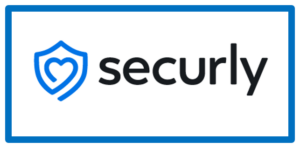
Often as parents it is tricky to keep up with technology and the speed at which progress is made. At Overfields Primary we want our parents to be aware of guidance that is available to help you keep your children safe online at home. We have assembled some useful information that will help parents and carers to understand the issues around staying safe online and how they can ensure that their children use the internet safely and responsibly. To visit our online safety page, click below:
More Information
If you would like more information on how Computing is taught at Overfields, please use the following links:
We have subscribed to the following sites for children to further their learning at home. Click on the links to access the sites. Your children have been given a username and password to access these by their class teacher.






